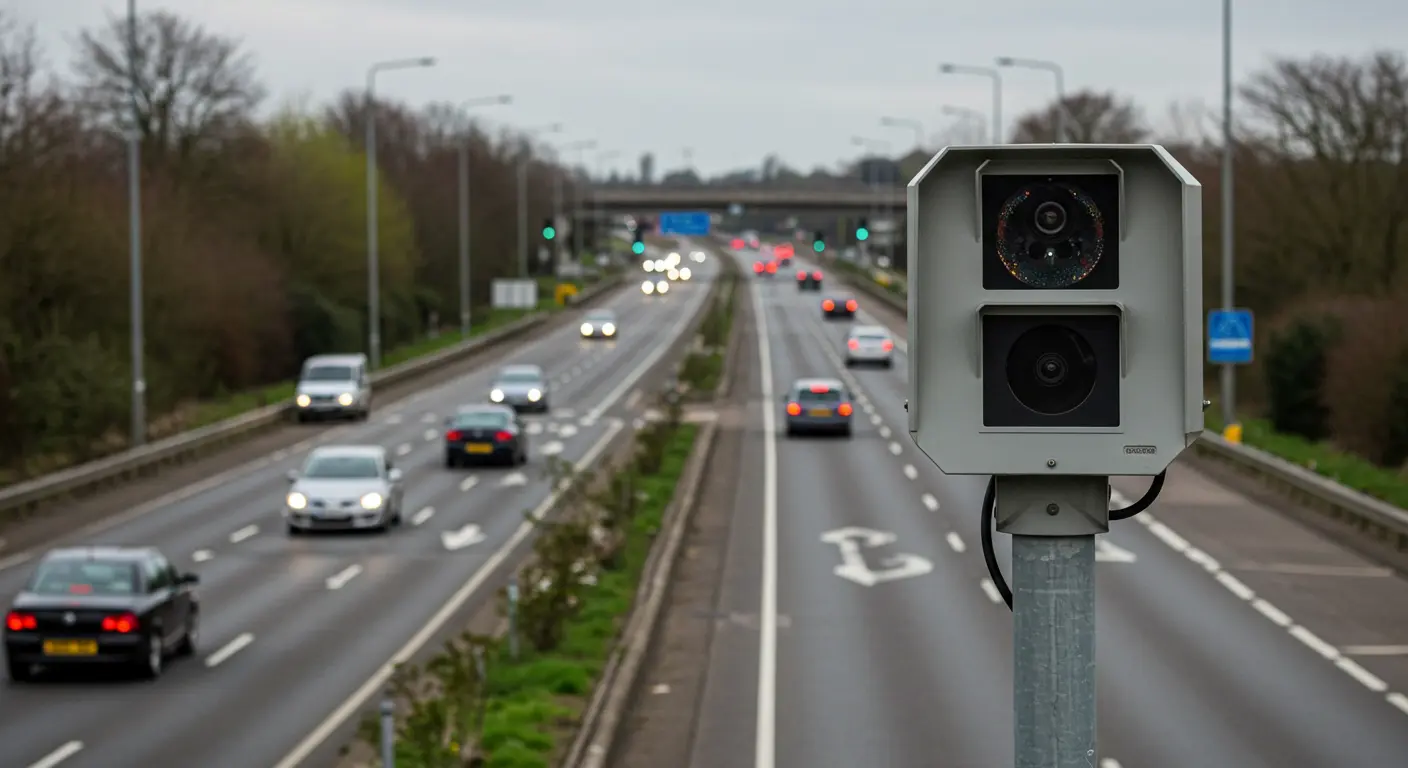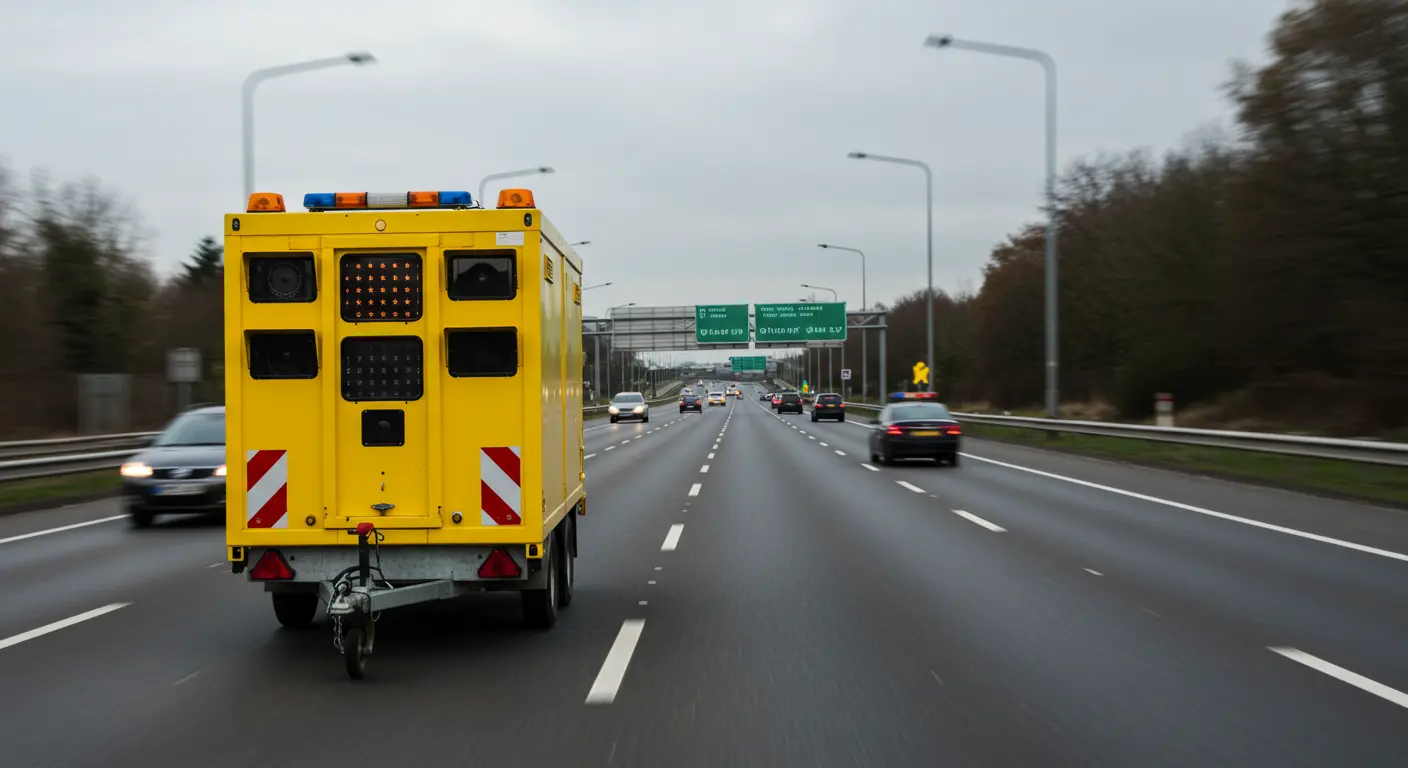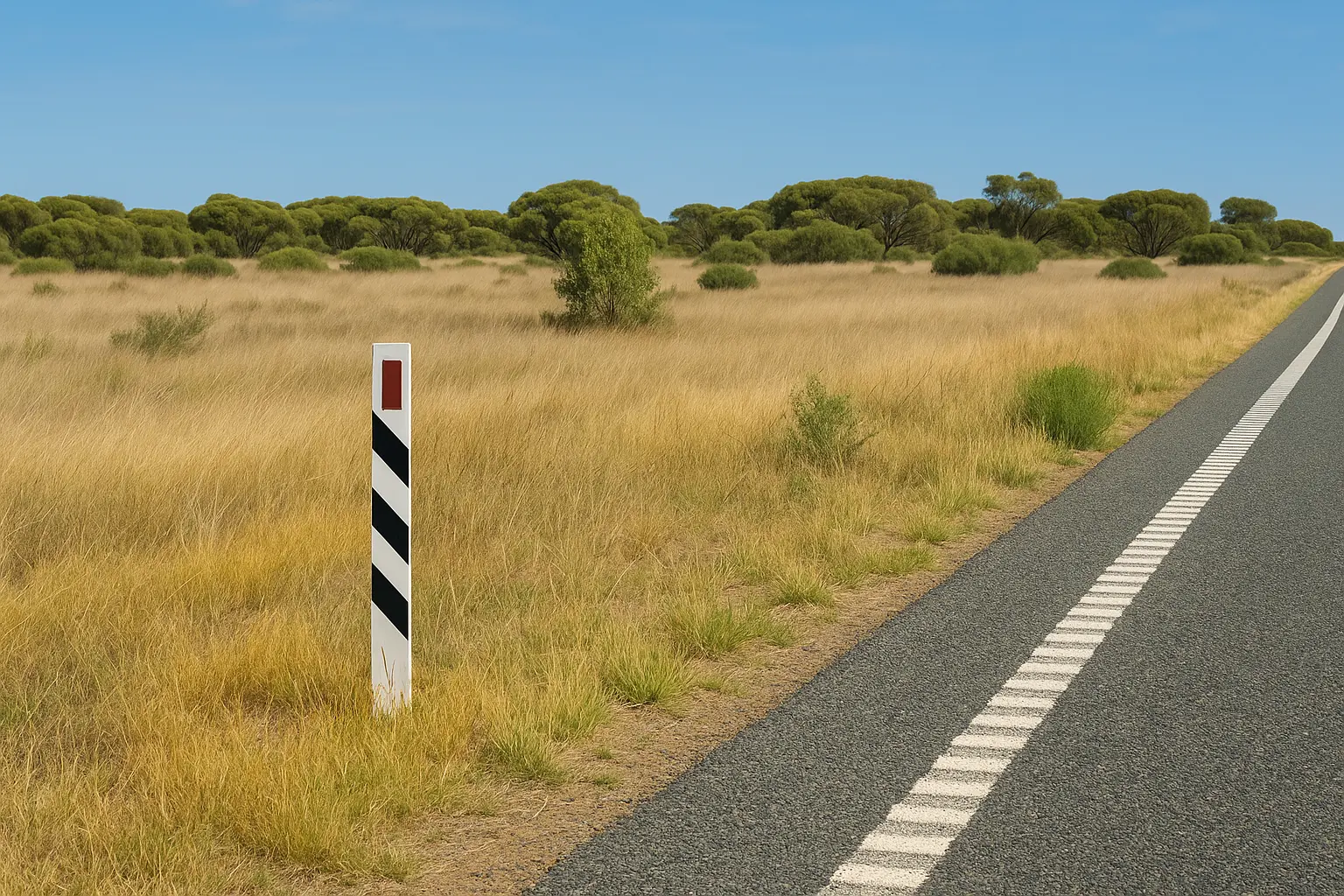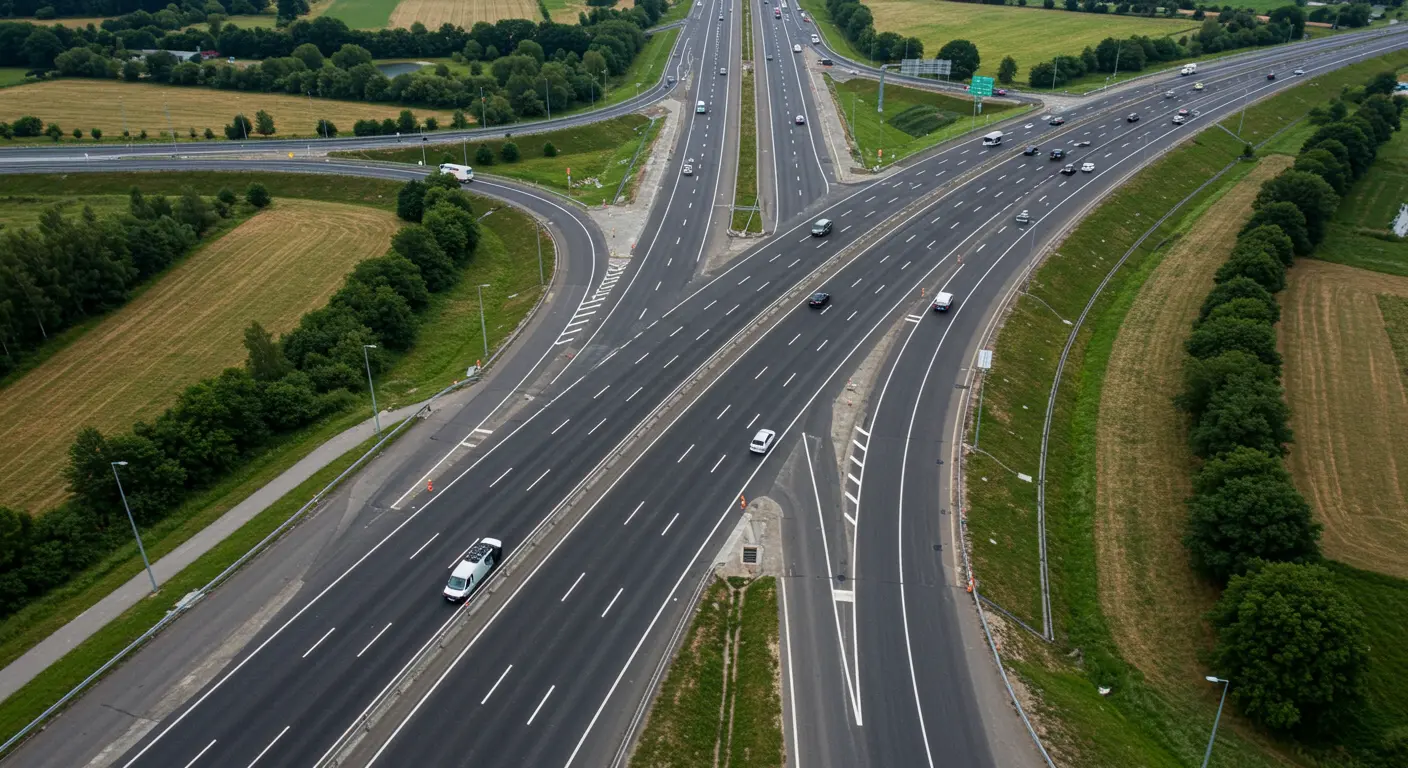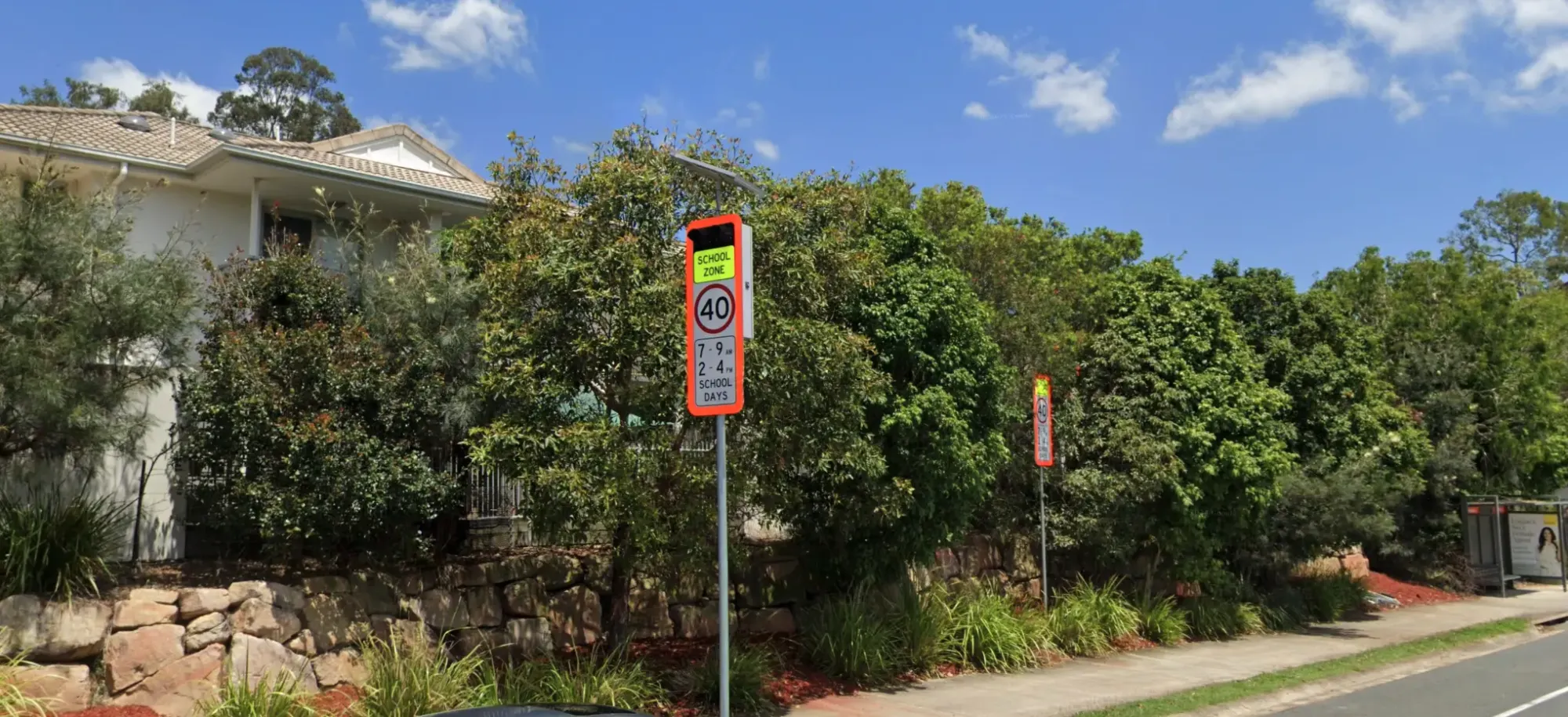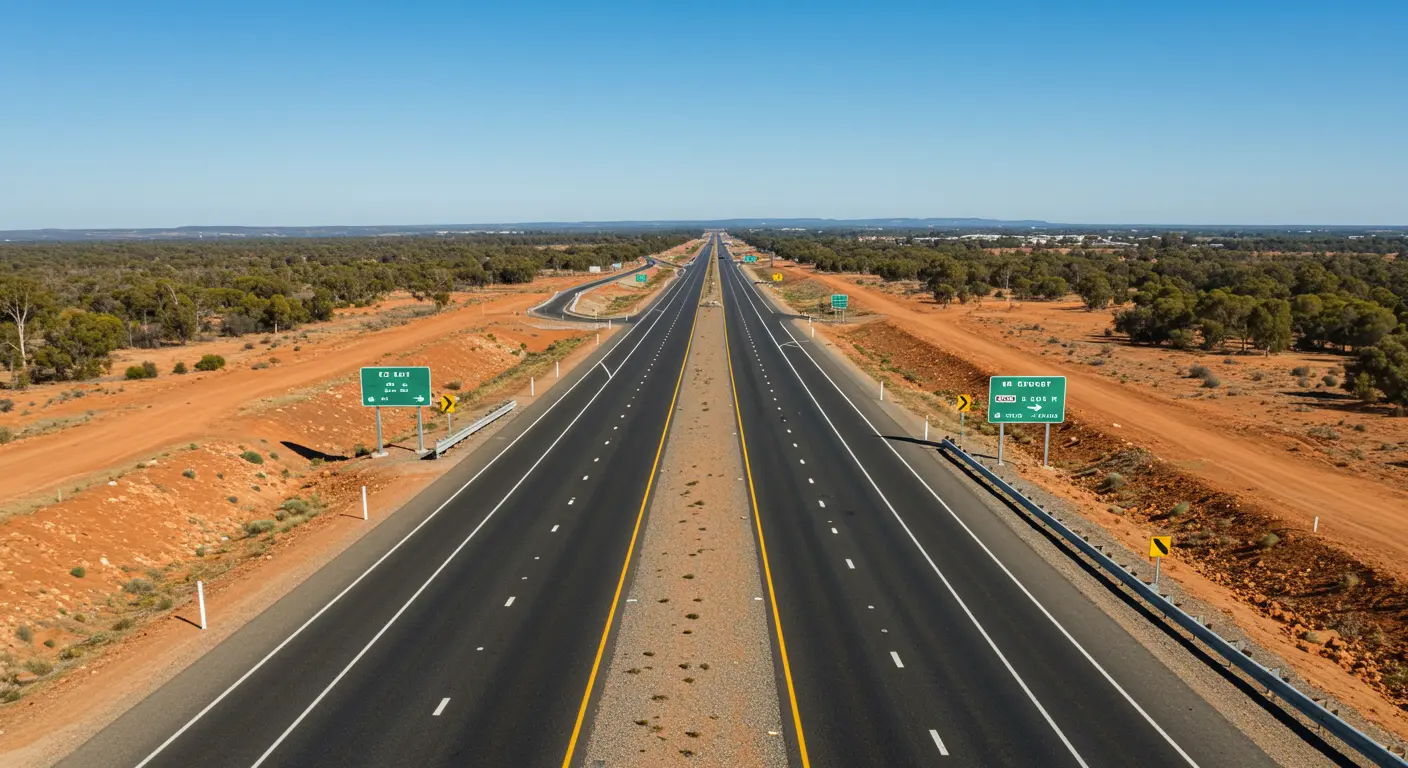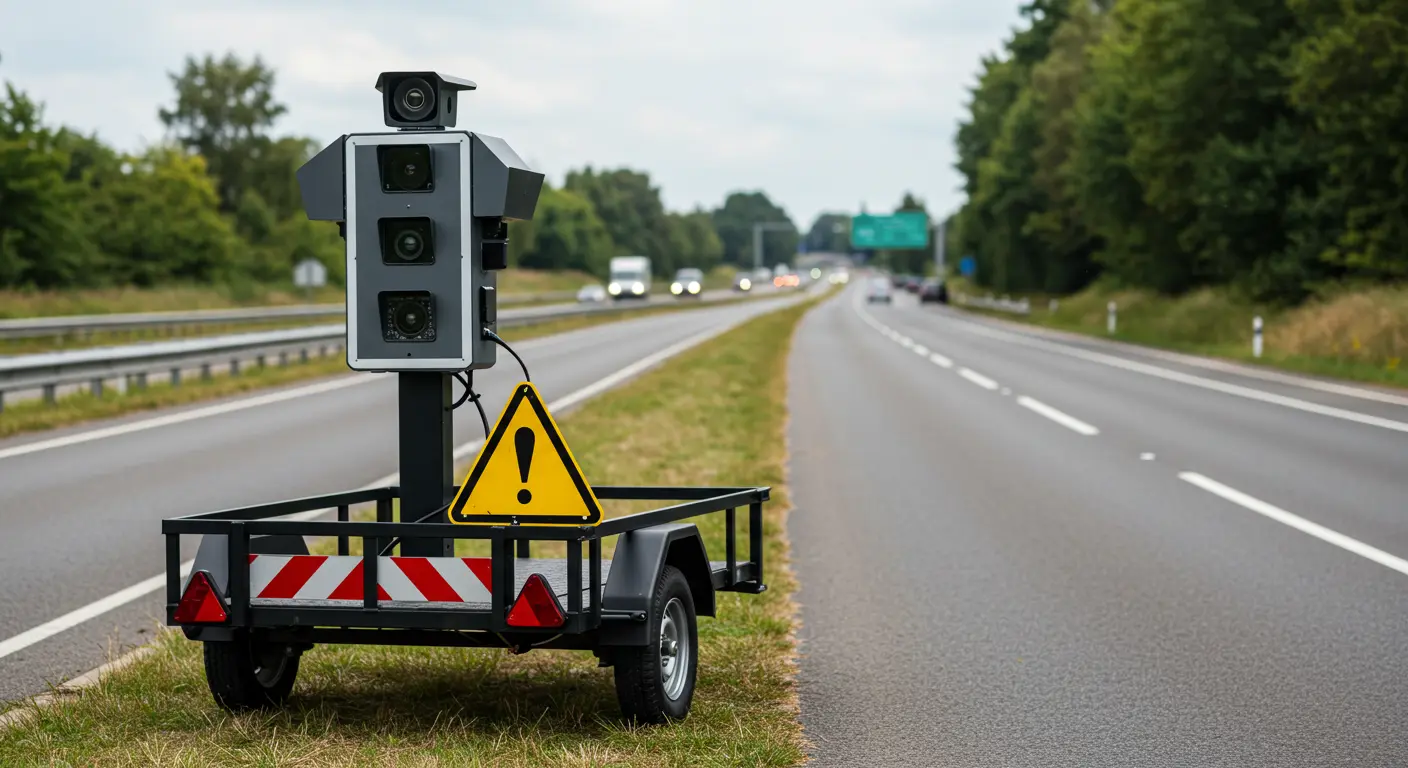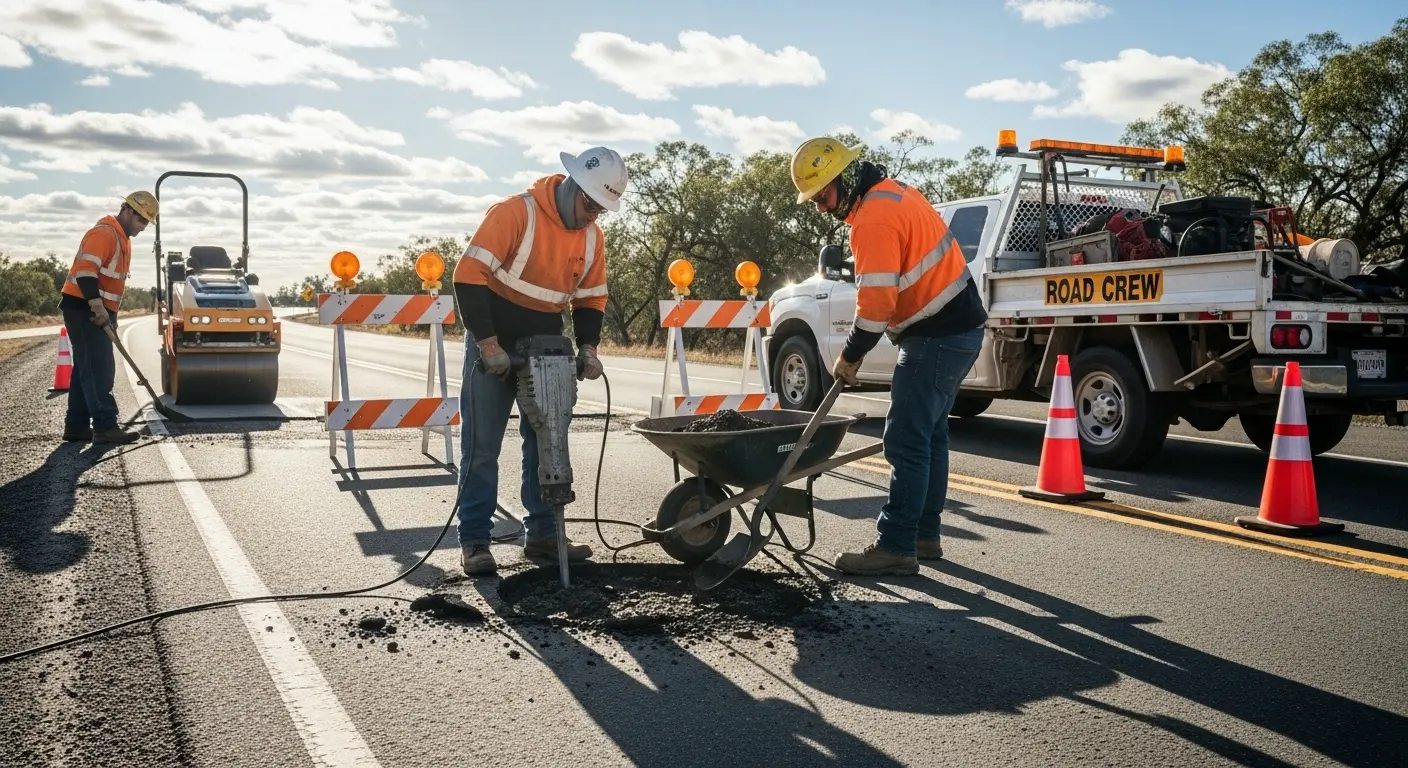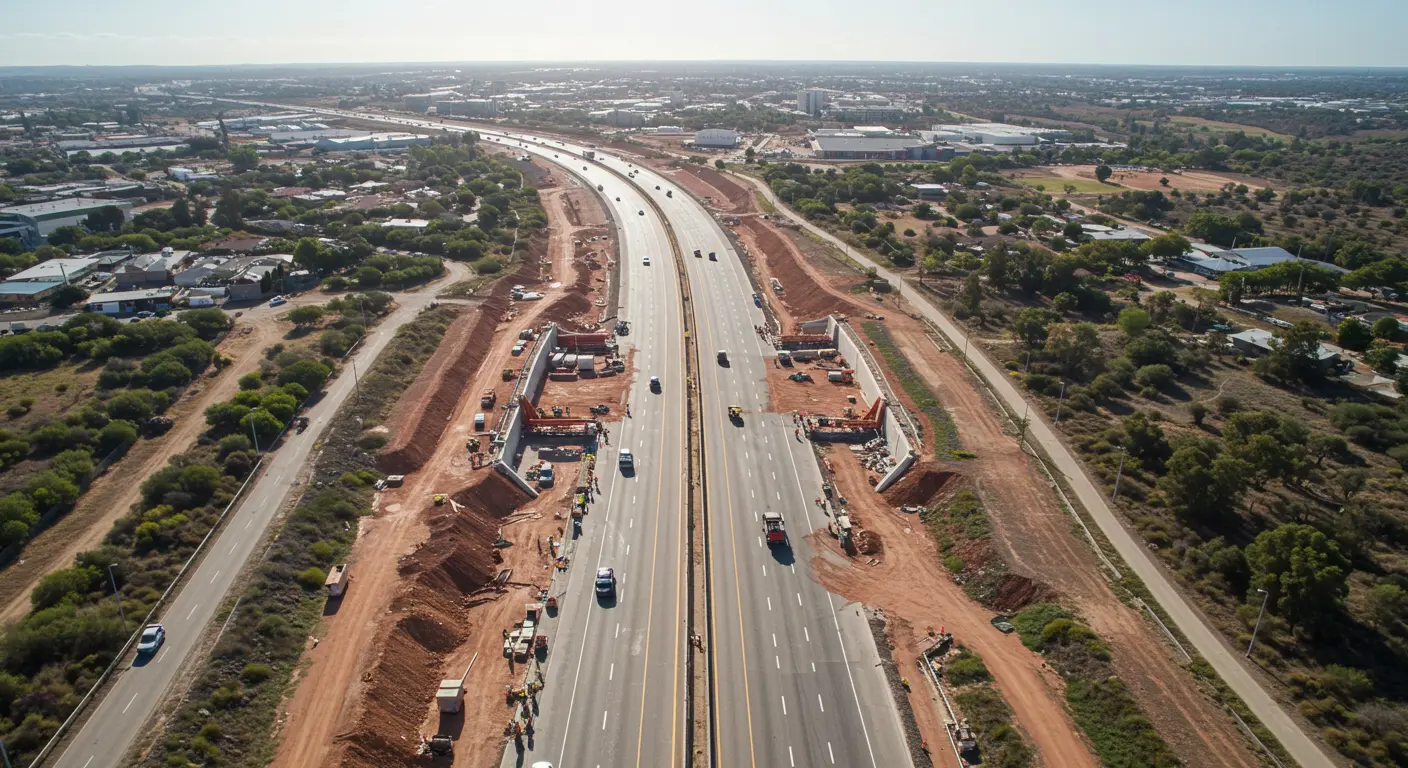For those driving across Australia, especially in remote regions like Western Australia, unfamiliar road signage can often spark curiosity. Among these are distinct roadside markers that are beginning to appear more frequently across WA highways.
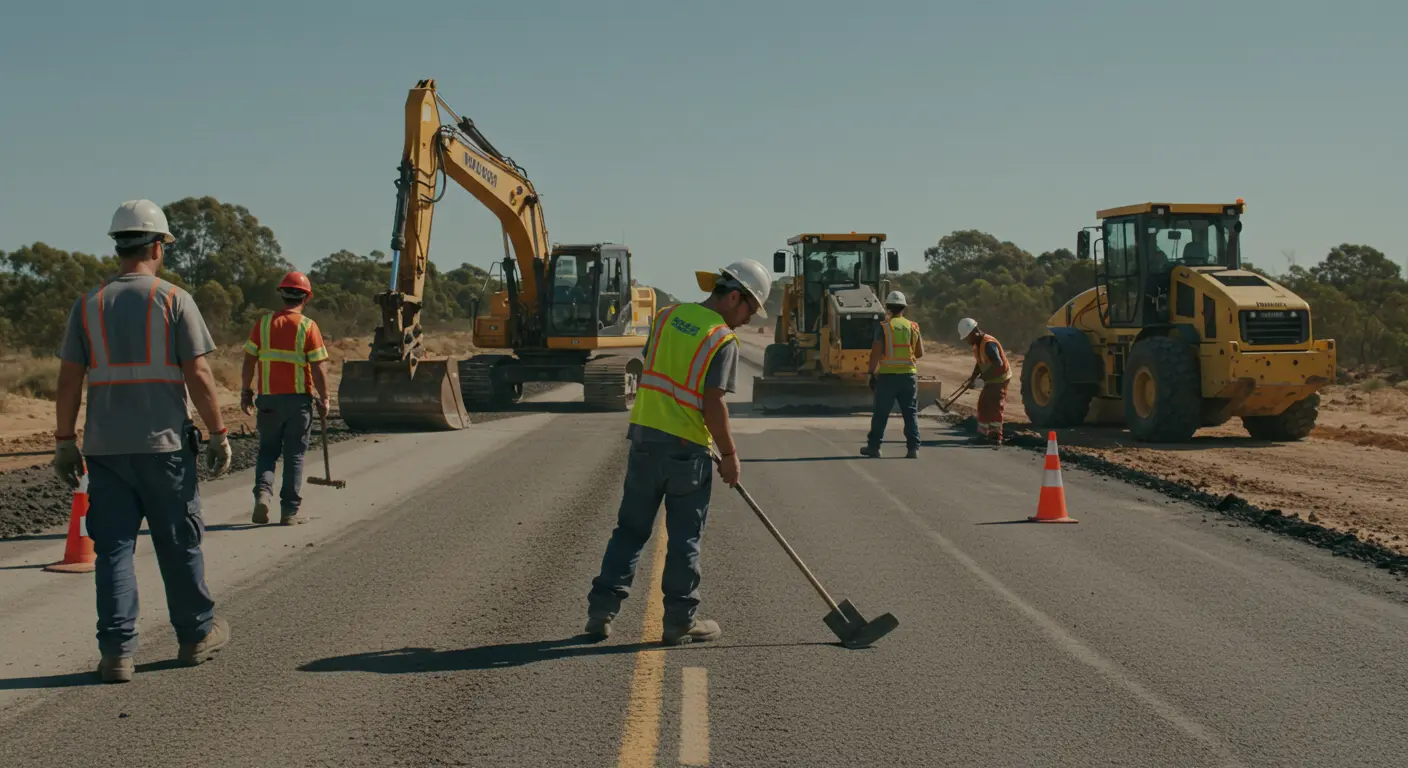
The Black and White Striped Marker
If you’ve travelled the Nullarbor or other remote WA roads, you may have seen guideposts with a diagonal black stripe on a white reflective background. These are not standard markers and aren’t meant to indicate a pedestrian crossing or anything humorous, as social media jokes might suggest.
According to Main Roads Western Australia, these striped markers are used to indicate a low culvert or drainage structure nearby. They serve an important safety purpose:
- Location: Typically found in remote or regional areas.
- Function: Replace standard white guideposts where there is a low culvert or uneven ground.
- Warning: Signal to drivers that the shoulder may be soft, uneven, or sloped due to drainage infrastructure.
Drivers should take extra care in these areas, especially during poor weather or at night when the change in road conditions may not be as visible.
Other State Differences
While WA uses black and white striped markers for culverts, other states such as Queensland and New South Wales typically use blue reflective guideposts to indicate similar drainage features. This variation can confuse interstate travellers unfamiliar with regional road marking conventions.
The Green Dot Marker System
Another lesser-known but increasingly important road marker involves the green dot system, which helps long-distance drivers identify upcoming rest stops:
- Three Green Dots: Appear roughly 500 metres before a safe pull-over area.
- Two Green Dots: Mark approximately 250 metres before the stopping point.
- One Green Dot: Indicates the rest area is just ahead.
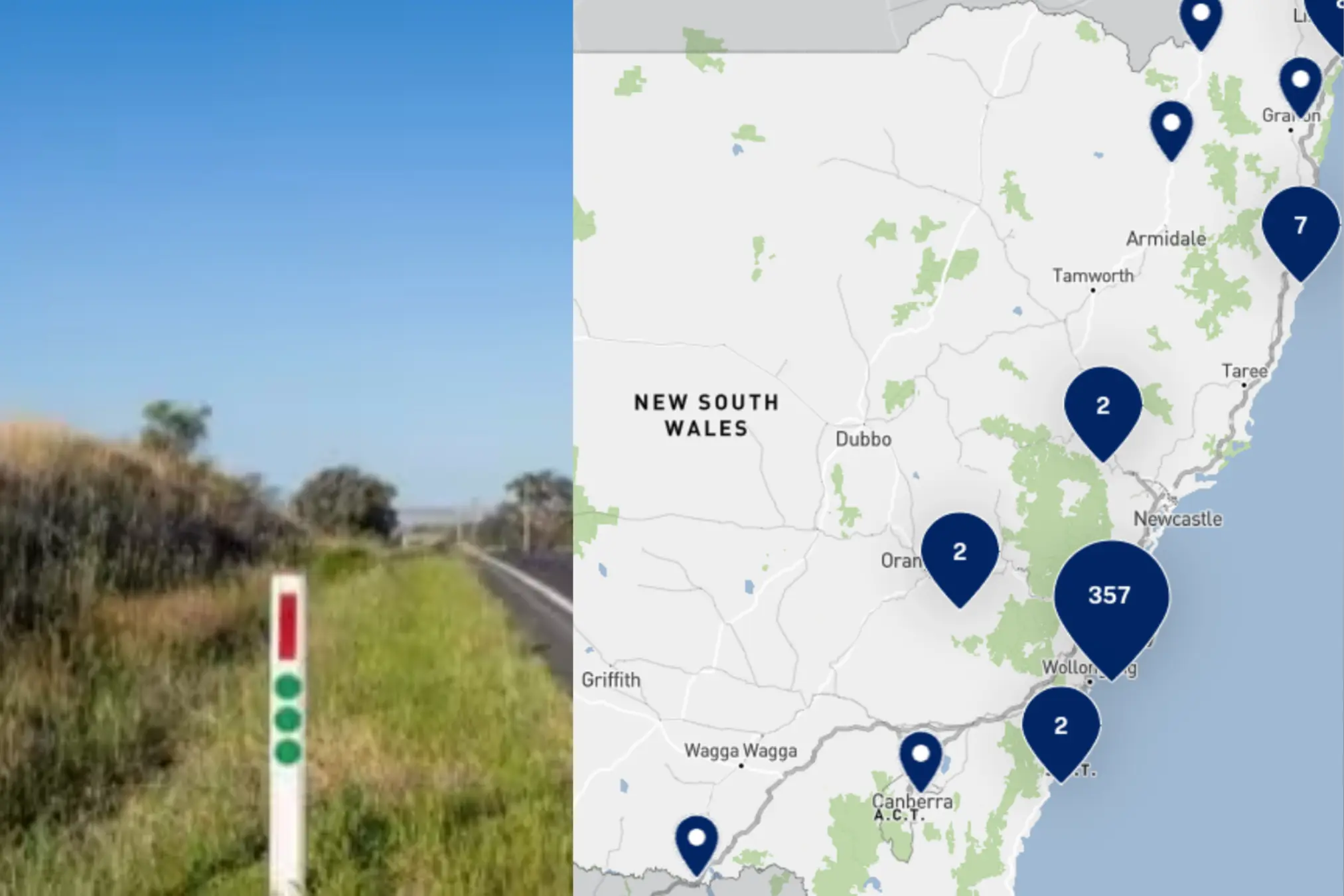
These dots are placed below the standard red reflectors on white roadside posts. The initiative was developed by road safety advocate and truck driver Rod Hannifey to help tired drivers plan for rest stops earlier, especially where visibility is poor.
While originally created with truck drivers in mind, all motorists are encouraged to use the system to safely identify rest areas in time to pull over.
Safety First
Though they may seem minor, these markers play a critical role in ensuring road safety, especially in remote and unfamiliar locations. Recognising and understanding them can help all road users make safer decisions while driving across Australia.
Disclaimer: This article is intended for general information purposes only and does not constitute legal or road authority advice. Always follow current signage and local road rules.
